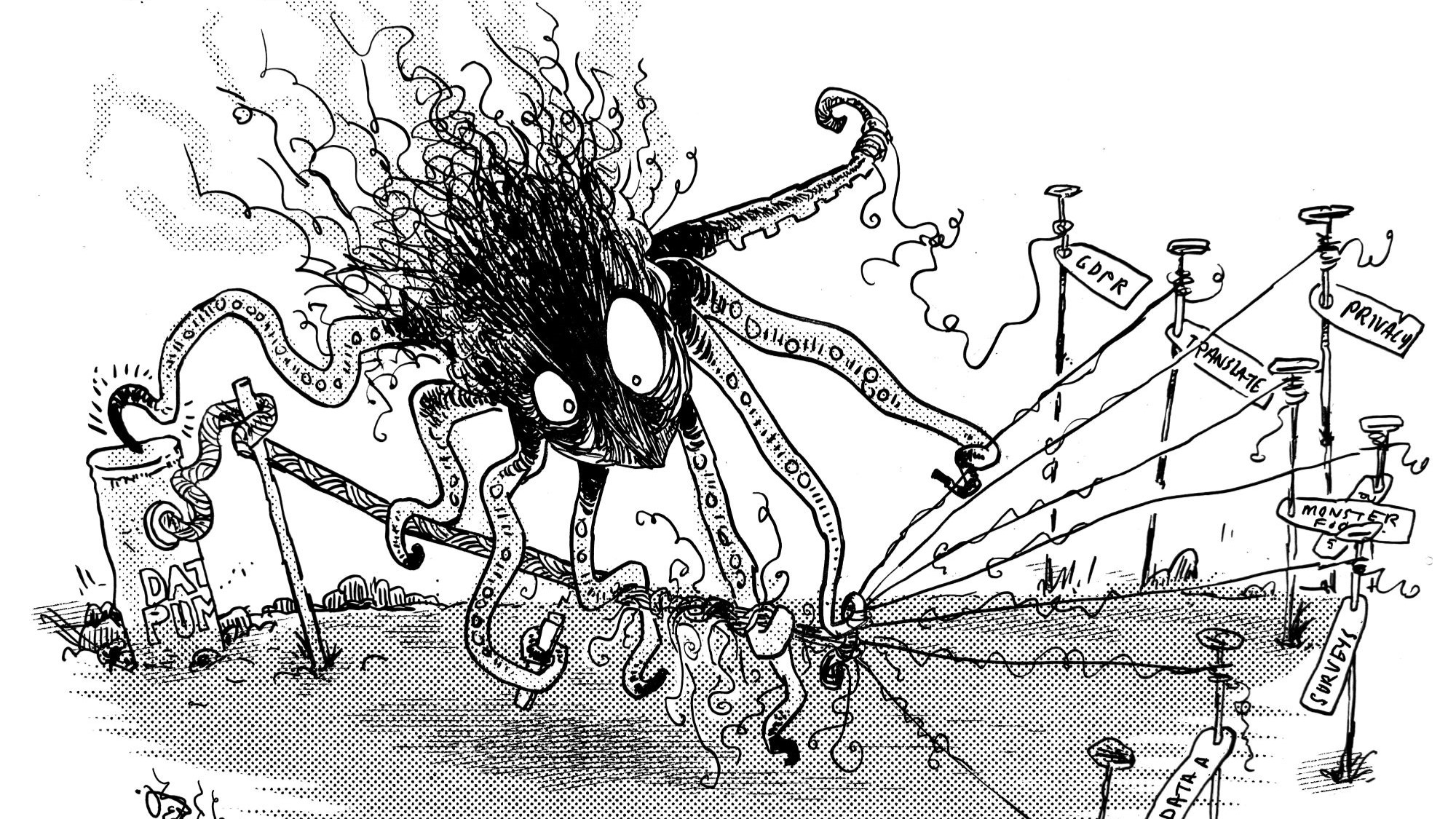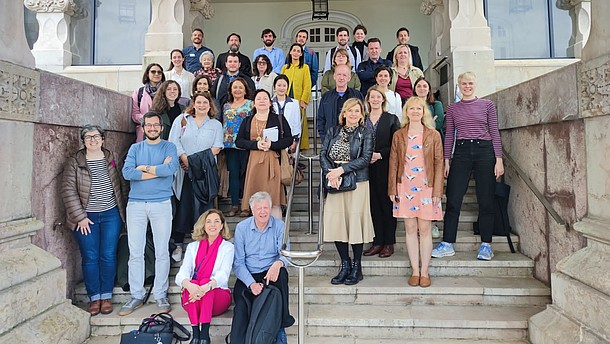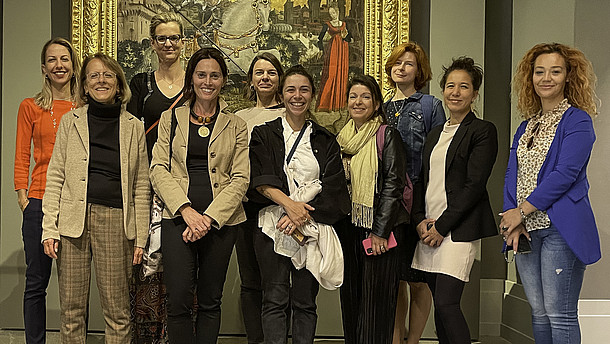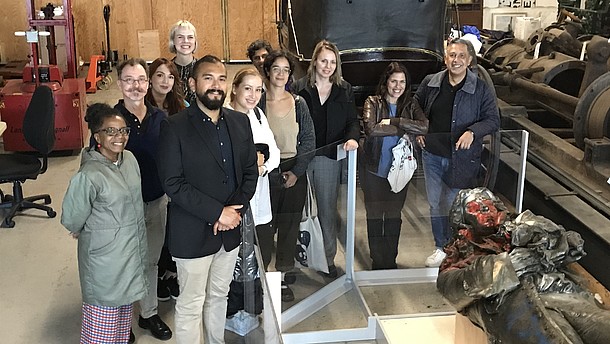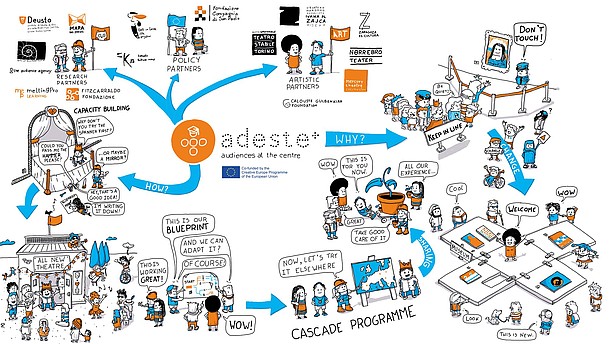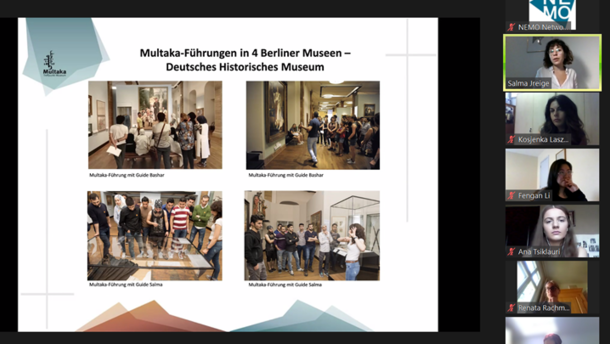Trainings
NEMO’s courses provide training on topics related to all aspects of museum work and are facilitated by international museum experts. Participants also get to share best practice approaches with each other in peer-to-peer exchanges.
Upcoming training
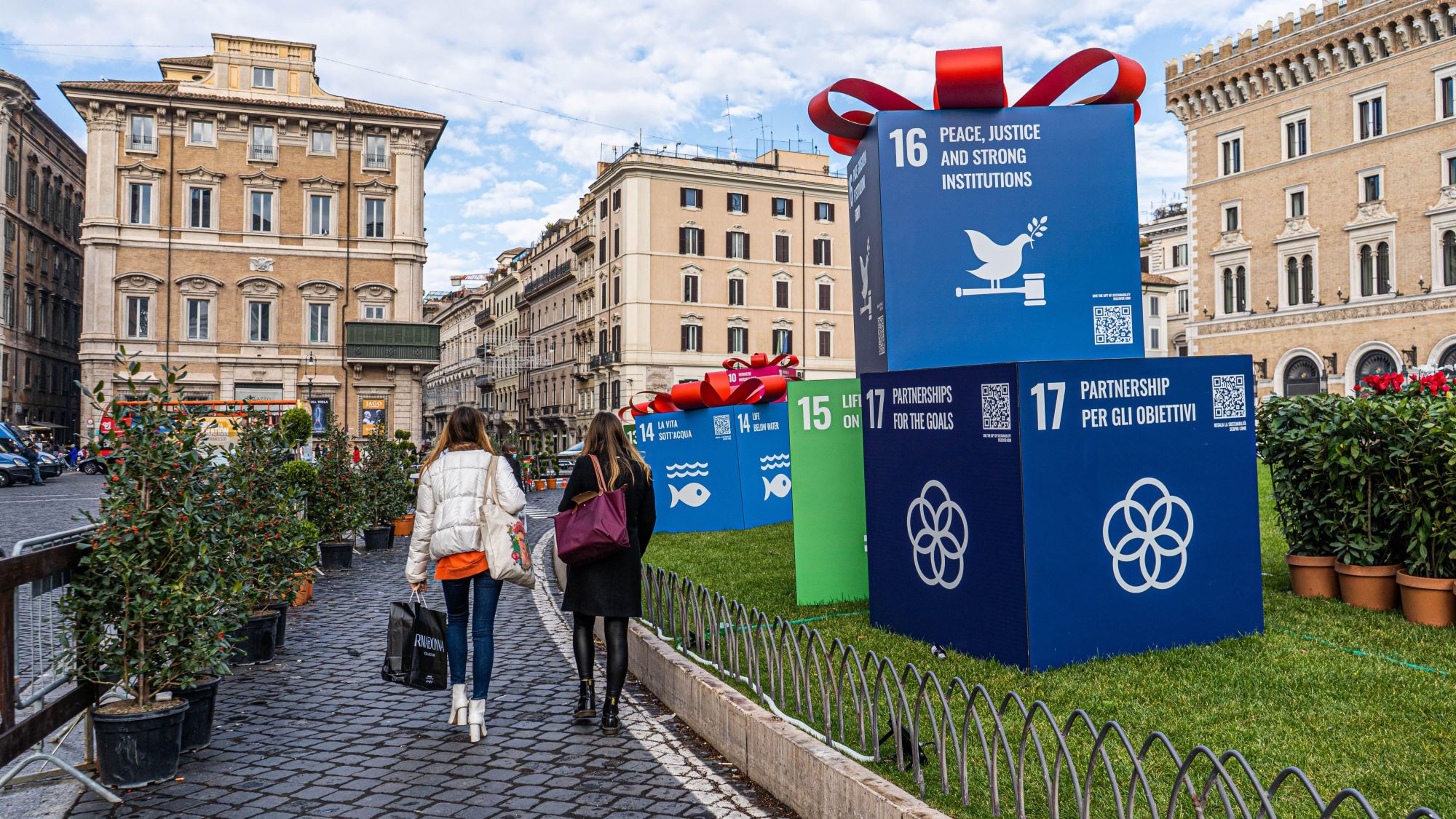
- Unlocking the power of museums for Sustainable Development
- Facilitated by José Luiz Pederzoli Jr., ICCROM, and Henry McGhie, Curating Tomorrow
- Online on 7, 14, 21 & 28 September 2023 from 10:00-12:30 CEST
- The call for applications has closed
NEMO is thrilled about a collaboration with the International Centre for the Study of the Preservation and Restoration of Cultural Property (ICCROM) that allows us to invite members and the museum community to a four-part online training on museums and the Sustainable Development Goals. The trainings will be facilitated by José Luiz Pederzoli Jr., ICCROM, and Henry McGhie, Curating Tomorrow.
The UN Agenda 2030 and its 17 Sustainable Development Goals (SDGs) are set out as an invitation to all parts of society to take part in creating a better future. Museums can play many roles in this, through caring for and providing access to collections, education, public participation, creating jobs, training, partnerships, research and more. They also need to manage their negative impacts, for example heavy use of natural resources, and where they marginalise and exclude people. Sustainable development approaches help us to "do more good and do less harm", focusing on addressing the big challenges facing people and nature locally and globally.
For this training, NEMO and ICCROM are collaborating to develop capacity in museum professionals to fully understand sustainable development and the SDGs, to formulate key SDG-oriented challenges or aspirations to be addressed through their collections-based work, and to make and successfully implement a plan to put their ideas into practice. The workshop will draw on resources created by ICCROM’s Our Collections Matter initiative, notably the online Toolkit, an open-access resource including over 400 practical tools gathered from the heritage sector and beyond.
Outline of workshop programme:
- Agenda 2030 and the Sustainable Development Goals: how they relate to the work of museums. Understanding national and local challenges; recognizing how your organisation contributes positively and negatively to sustainable development.
- Deciding on your sustainable development challenge/aspiration: setting goals and developing plans, using the Sustainable Development Goal targets.
- Finding useful tools to support your project: exploring the Our Collections Matter toolkit. Identifying relevant actors from your context to engage with.
- What you are going to do: consolidate and share your commitments and plans.
Meet the facilitators
José Luiz Pederzoli Jr.
Unit Manager, Strategic Planning at ICCROM
Background in polymer chemistry and paper-based heritage. Conservation scientist at the Netherlands Institute for Cultural Heritage (1997-2003) and ICCROM (2005-2008). International work on risk management for cultural heritage since 2005. Manages since 2018 at ICCROM the Strategic Planning Unit and a portfolio of projects on heritage collections, risk management and sustainable development.
Henry McGhie
Curating Tomorrow
Henry has a background as an ecologist, museum curator and manage. He runs the UK-based consultancy Curating Tomorrow, and works as a consultant on ICCROM’s Our Collections Matter programme.
Who can participate?
- NEMO member organisations: staff and steering committee members.
- Members of NEMO member organisations: by appointment of the NEMO member.
- Non-members active in the museum sector.
Why take part?
- Condensed knowledge and training opportunities provided by international museum experts.
- International networking opportunities with colleagues from Europe.
- Professional development opportunities on an international, multifaceted level.
What’s the cost?
- NEMO members participate for free and receive a travel grant to cover their costs.
- Non-members can join for a fee of €250 per course and are not covered by travel grants.



